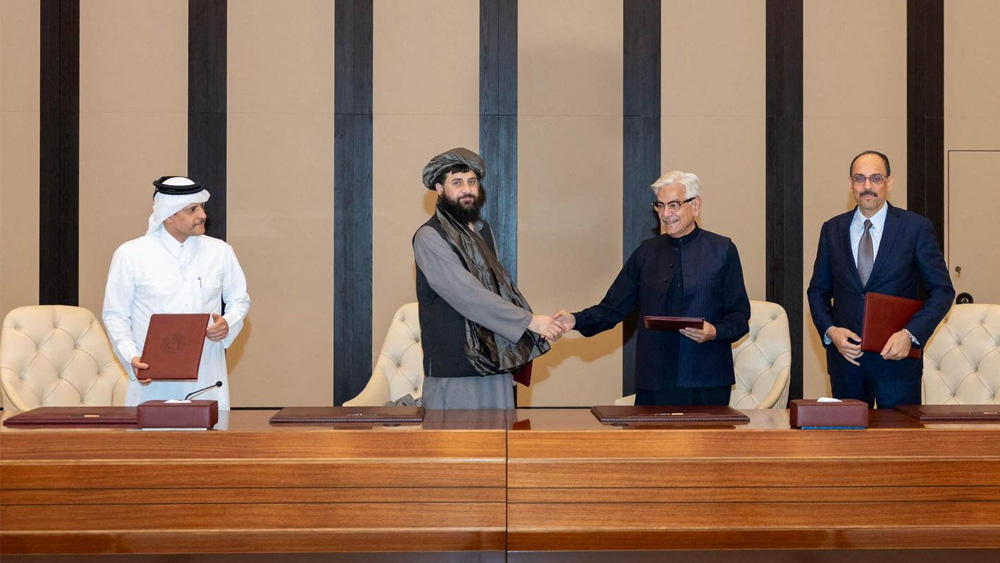ISLAMABAD: The second round of talks between Pakistan and the Afghan Taliban has formally begun in Istanbul, Türkiye, official sources confirmed on Saturday.
The latest engagement follows the first round of discussions in Doha, where both sides agreed to a ceasefire after days of cross-border clashes.
According to sources who spoke with Pakistan TV Digital, the Istanbul discussions are centered on a three-point agenda: establishing a joint monitoring and oversight mechanism to curb cross-border militant movements; ensuring respect for national sovereignty under existing laws and international obligations; and addressing issues related to trade flows, refugee repatriation, and the separation of bilateral matters from domestic politics.
Exploring long-term political understanding
Officials also noted that both sides are exploring the possibility of reaching a longer-term political understanding.
Pakistan’s Foreign Office Spokesperson Tahir Hussain Andrabi speaking at a weekly briefing on Friday, called the Doha engagement a “positive marker.”
“There has been no major full-scale terrorist attack emanating from Afghan soil in the last two to three days,” he said. “We would like the trend to continue in Istanbul and post-Istanbul.”
On the Afghan side, Taliban spokesperson Zabihullah Mujahid earlier confirmed on X that Deputy Interior Minister Haji Najib is leading Kabul’s delegation, noting that “the remaining issues will be discussed at this meeting.”
Islamabad’s primary expectation
Andrabi reiterated that Pakistan’s central objective is to stop attacks originating from Afghan territory, adding that the ceasefire “by and large still stands.”
Pakistan has faced a renewed surge in militancy in its western border regions since the Taliban returned to power in 2021. Clashes escalated earlier this month when Afghan forces targeted Pakistani posts while Afghan Foreign Minister Amir Khan Muttaqi was on an official visit to India.
Officials in Islamabad say the decision to re-enter dialogue was made at Kabul’s request and through mutual understanding to pursue de-escalation. Pakistan maintains that continued engagement is vital for regional peace and stability.
Prelude to Istanbul talks
The talks come after a series of deadly militant attacks in Khyber Pakhtunkhwa, including incidents in Central Kurram and Dera Ismail Khan that claimed the lives of at least 28 Pakistani security personnel, among them senior officers.
Following the attacks, Defense Minister Khawaja Asif said Pakistan would send a delegation to Afghanistan due to “unbearable” security concerns. Hours later, explosions were reported in Kabul, which the Taliban blamed on Islamabad. Pakistan did not immediately comment.
Subsequently, Pakistan conducted aerial strikes in Paktika’s Birmal district, which the military described as targeting militant hideouts. The next day, on October 11, clashes erupted along multiple points of the 2,604-kilometer border.
Afghanistan's 201st Khalid bin Walid Army Corps claimed the attacks were in response to Pakistan’s earlier strikes. Pakistan countered by targeting several Afghan bases and also temporarily closed the Spin Boldak crossing.
A temporary 48-hour ceasefire was reached on October 15 and later extended until the Doha round of talks, which took place last week with Qatar and Türkiye mediating.
Qatar’s Foreign Ministry stated that both sides agreed to an immediate ceasefire and committed to further follow-up meetings to ensure implementation and stability.
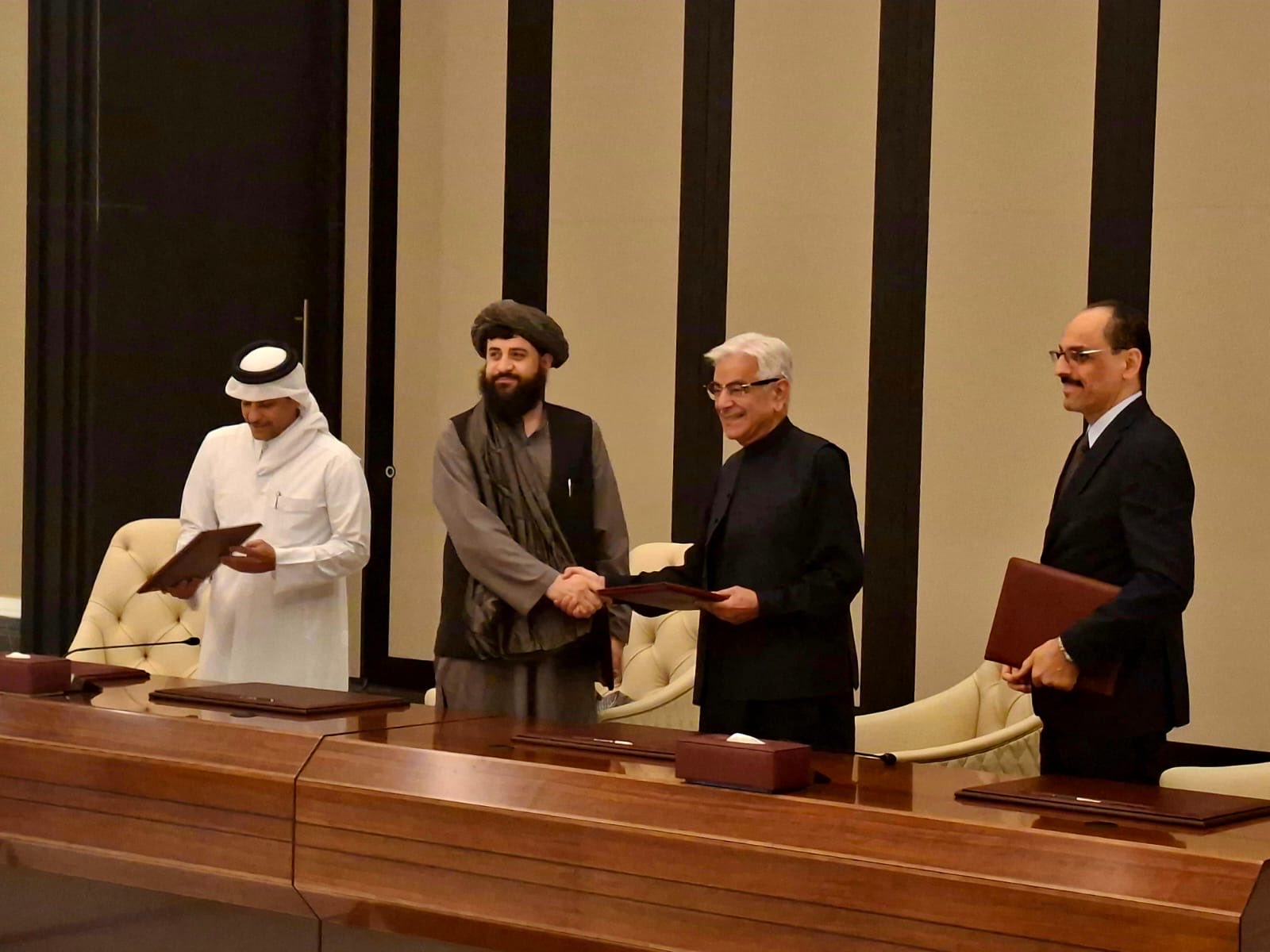
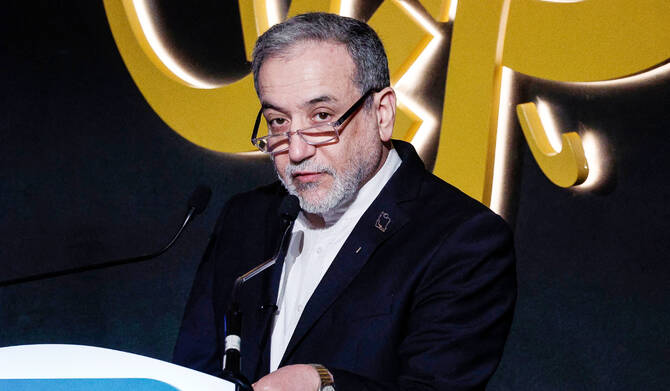

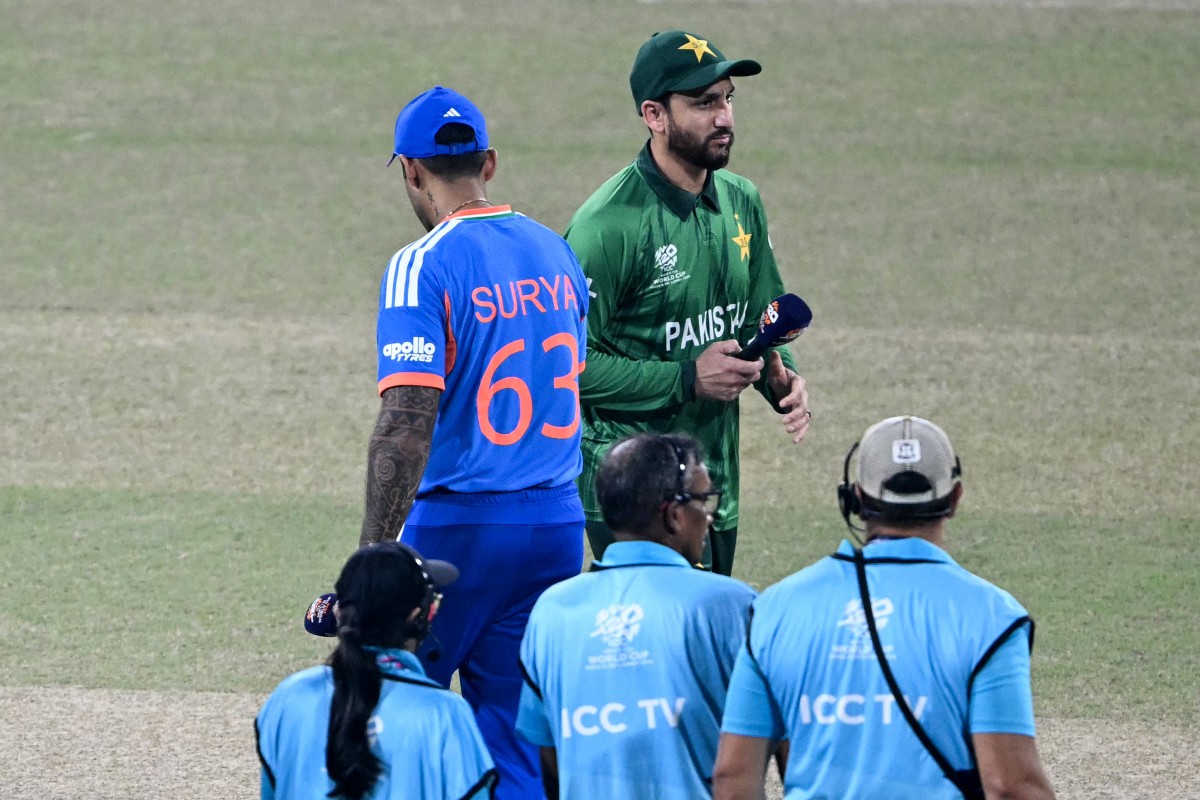
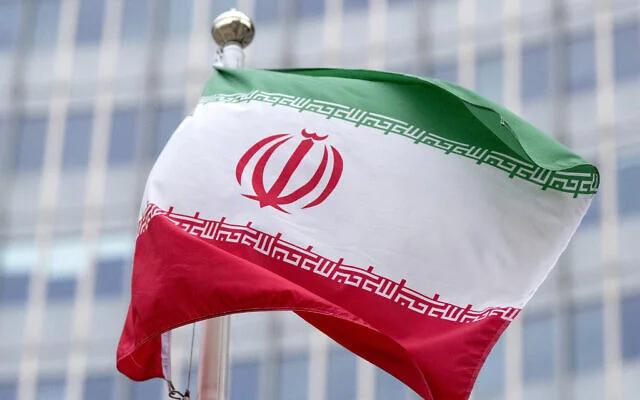
.jpg)

